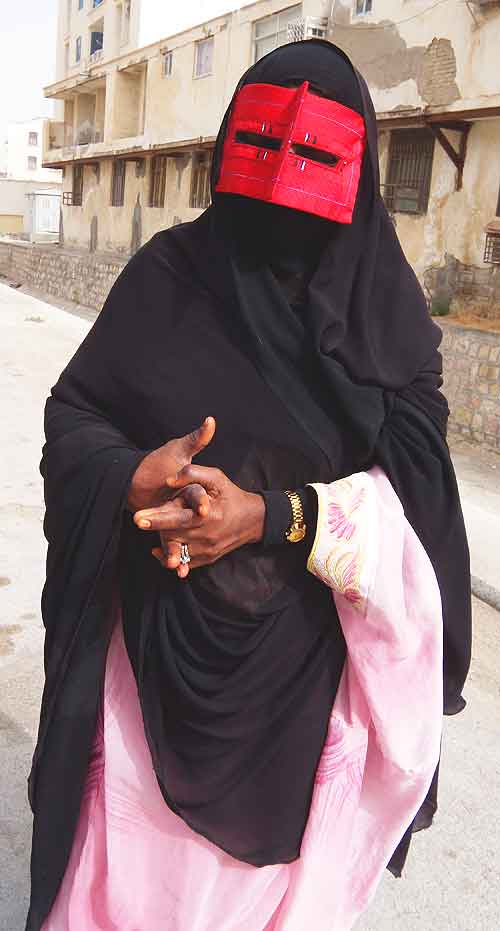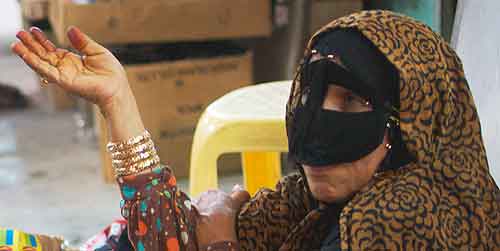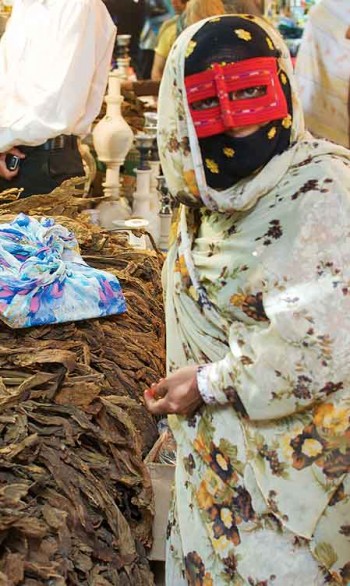
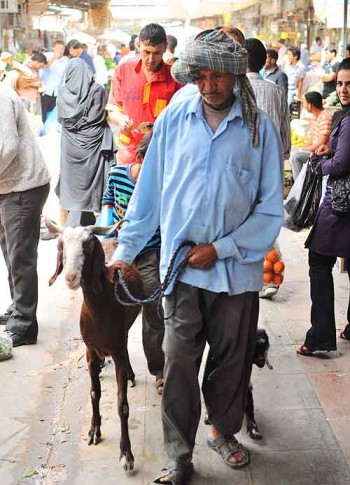
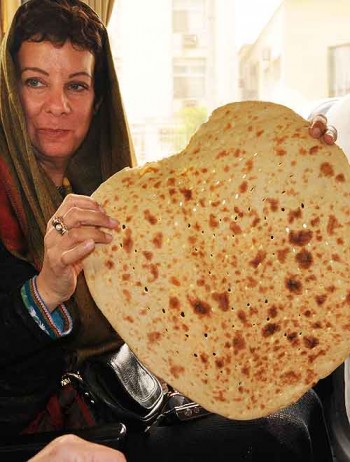
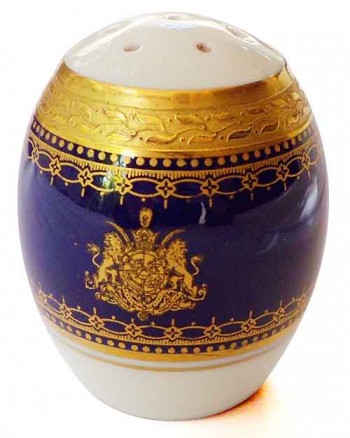
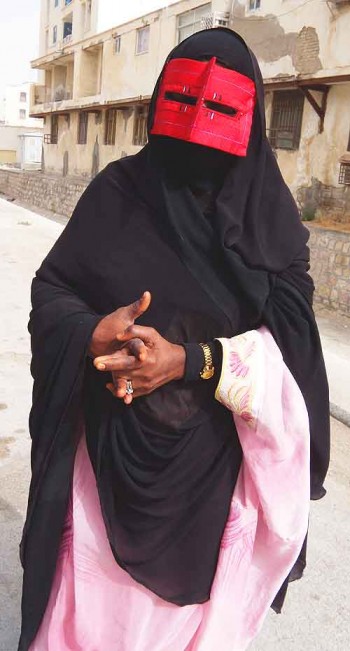
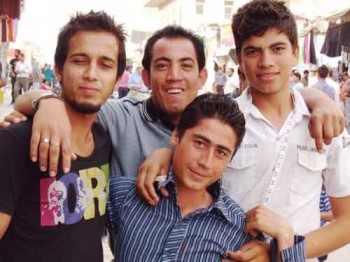
Iran
Bob Arno here, on our recent visit to Iran. The country has been in the news lately regarding the arrests of 30 persons accused of a U.S.-backed cyber war. We passed through last week, while also visiting Oman, Kuwait, Bahrain, and India. This is not an in-depth analysis about the stability of the present government in Iran or what lies in the future regarding its precarious relationship with Europe, Israel, and the U.S.; simply some observations from a short visit. [Way below!]
I first visited Iran in the mid-sixties as a young entertainer, performing in a shabby nightclub in Tehran. The booking was for two months and quite typical of the kind of engagements I was getting all over the middle East in those years, in Beirut, Cairo, Dar Es Salaam, and Teheran. These clubs were basically a front to sell alcohol and what were then called “consummation girls.” Even today, Lebanon advertises for girls to work as dancers and consummation hostesses in clubs across Lebanon.
The nightclub shows were simply an excuse for the management to have a license and to be allowed to stay open in a Shari’ah society. These were tough audiences, not especially interested in a young Swedish comedy performer, but the novelty of pickpocketing was intriguing and different from the usual fare of belly dancers, jugglers, dance teams, and singers. My show at the time was rough around the corners and I hadn’t yet acquired the confidence or slickness which later became my trademark and is essential to being a good pickpocket. With a few simple pickpocketing stunts I was able to bamboozle this nearly-ninety-percent male crowd and hold their attention.
Halfway through my booking, the club management informed me that I had been invited to the palace to do a private show for the Shah. No, there was not going to be any extra fee; this was an invitation to entertain the royalty (as if I were a court jester), and I should consider myself honored that his highness the Reza Shah had requested my services.
My manager at the time was a British show-business entrepreneur—Lord Anthony Moynihan. Moynihan was married to his second wife (he would eventually be married five times), a Pakistani belly dancer called Princess Amina. A diva of considerable proportion and a nightclub attraction with great popularity throughout the Middle East, she always guaranteed large audiences. Lord Moynihan was in Teheran, together with Princess Amina, who was performing in the same venue as myself. There have been many colorful stories written about Princess Amina. The most accurate one was written in 2002 in The Daily Times (of Pakistan) by Kaleem Omar.
Lord Moynihan was instrumental in structuring my career and coordinating my early bookings from the mid- to late sixties, culminating in several gigs at the London Playboy Club run by the infamous Victor Lownes. We parted ways in early 1970, when the Lord became one of the most wanted men in the UK for financial fraud. I, too, had long suspected Moynihan of “unusual” business practices, but I was never able to nail him with evidence, despite our close association. I finally got hip to his shenanigans when Victor Lownes told me that Moynihan could no longer enter the club premises, because he had been caught operating a cheating syndicate, pushing roulette chips over the table lines, with sophisticated diversion techniques involving beautiful girls leaning and shading the line of sight of the dealers. I don’t know who learned most from whom during our eight-year relationship. But that’s another story. And another post.
The Lord, Princess Amina, and I were brought to the Palace in downtown Teheran and invited to dinner. No, not with the Shah and Farah Diba, but at a separate table in a different room. Most memorable were the table settings, the porcelain, and the gold utensils. For a young impressionable Swede this was certainly a first.
A security adviser soon told me to enter the sitting room and do my show. Gathered on a large sofa were the Shah, Princess Farah Diba, King Hussein of Jordan, and his young wife, Queen Noor. But there were parameters. I was firmly instructed not to touch the Shah during my performance. How does one do pickpocketing if he’s not allowed to touch his subjects? Further on, the Shah wore a gold Rolex Presidential watch—at the time one of the most expensive watches in the world, and certainly not something that I would experiment with. The only thieves who are able to lift Rolexes are in Naples, Italy (then and now), and their technique is most certainly not appropriate for light dinner entertainment in a royal setting. I had to resign myself to some other table magic routines, which were my usual fallback material when all else failed. My evening with the royal rulers in the Middle East was not a success to boast about. I never ripped off the Shah of Persia. Well, not the official way.
And now we go forward, to the present day. I haven’t been back to Iran since the sixties. Today, hopefully, I am more astute at reading security trends and the political winds. I especially wanted to talk to ordinary young people about their feelings on Iran now and how they see their future in relation to Europe and the rest of the world. I expected to see parallels with Turkey, where the dialog about joining the European Union is intense, if not conclusive. Our first destination was Bandar Abbas, a city of around 370,000.
Driving through the center of the town I noticed an abundance of graffiti, or recently overpainted graffiti. I was curious about whether the slogans or messages were political, and for or against the government. I got the most amazing replies to my questions—mostly outrageous explanations, with no grounding in reality. For example: people are allowed to advertise for a month on the walls and then the municipalities paint over the walls to allow for new messages.
Or, an even better explanation: young people are encouraged to express themselves artistically on the walls, and then they are repainted for new creative expressions. I could not find a single person who would insinuate or say that these were angry statements from the opposition which had been removed or painted over by the authorities. End of that story.Â
But I did find several people in their mid- or late twenties who proclaimed that most of the young people hated the present regime, that they were robbed of their election, and that nobody cares or pays any attention to Mahmoud Ahmadinejad. True, these were people who spoke English and had a good education. Had I been out in the countryside and had a similar conversation with farmers, I might have gotten an entirely different story.
The most significant reflection I can pass along is how friendly everyone was, regardless of where we walked. We were obviously a novelty to the people, but there was absolutely no anti-American mood expressed or observed anywhere. People were genuinely friendly and open, and wanted to communicate and interact. There are many countries around the world where we Americans are sneered at, or receive a cold reception; Iran, at present is not one of them. That is not to say that the regime is not presently jockeying and manipulating world opinion. They are facing an embargo or trade sanctions in the UN, and perceptions of European visitors, tourists, or business travelers can shape the dialog.
We did notice civilian dressed security personnel following us from time to time, when we traveled and stayed with a group of other Americans, but mostly we were on our own and without escort, supervision, or secret surveillance. We spotted a few young clumsy pickpockets on the perimeter of a large crowd that had gathered around a troupe of shady “three card monte” men, operating just like they do in the rest of the world—spotters, shills, and a main operator. And, as usual, they scattered when a motorcycle with two cops approached.
In the souks we saw many social subgroups in their traditional garb. One should certainly not point a camera at these conservative women without permission. Some gave us the okay; others declined. Yet others struck unbidden poses and begged to be in our photos.
Iran is clearly at a turning point this year. It will be interesting to see the developments the next six months. Because I recently wrote about the Mahmoud Al Mabhouh killing in Dubai, I will conclude this post with an observation about Dubai, and its latest chess move: barring entry to any person with an Israeli passport. There has been a lot of speculation about whether this presumed Israeli operation was sloppy, arrogant, or ill-informed of the quality of the surveillance equipment. Senior analysts in the intelligence communities have expressed conclusions that they must have underestimated the advanced surveillance technology in Dubai. Security guru Bruce Schneier opened his recent Crypto-Gram newsletter with an interesting summarization.
I recently spoke with Samuel Lewis, former Ambassador to Israel for eight years during the Carter and Reagan years (and later director of the State Department’s Policy Planning Staff during the Clinton years). Ambassador Lewis has a deep understanding of the Iran-Israel conflict: he too thinks that the Israeli Mossad had underestimated the Dubai technology advances. That is, if the Mossad are the people behind the assassination. My own theory on this is that the Israelis wanted to send a clear message both to Dubai and its banking system, and to HAMAS. The software and the technology going into the camera surveillance systems must surely be well-known to the Israeli intelligence community. In weeks to come, we’ll hear more interesting revelations about the Dubai affair.

